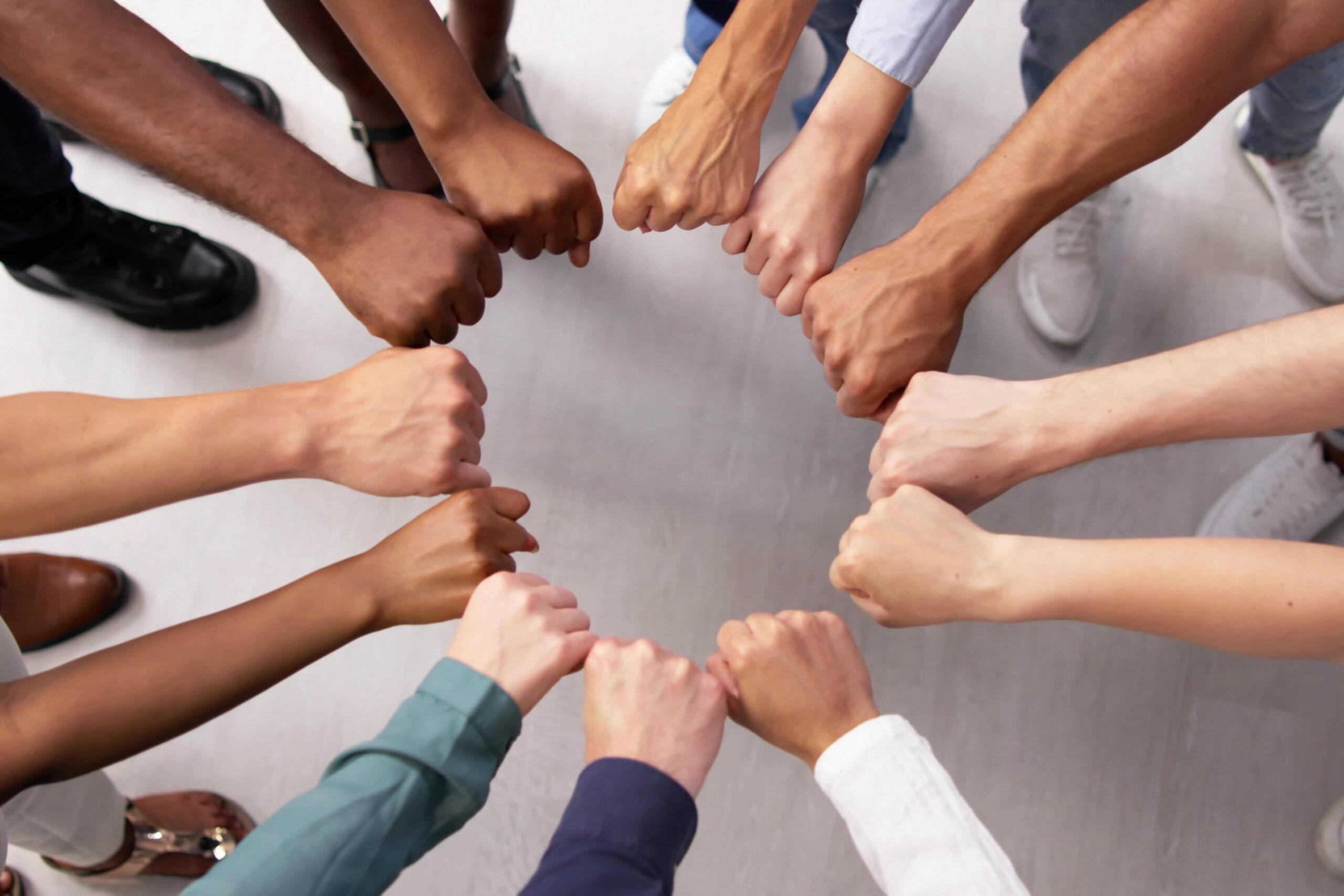I’m Chana Chiesa, and today I want to talk about an issue that’s close to my heart: poverty. More specifically, I want to explore how volunteering and economic empowerment initiatives can work hand in hand to break the cycle of poverty. Through my years of involvement in community service and social action, I’ve seen how these two elements—volunteering and economic empowerment—are crucial in creating lasting change for individuals and communities.
Understanding the Cycle of Poverty
Poverty is more than just a lack of money. It’s a complex, multifaceted issue that affects people’s ability to access education, healthcare, and employment opportunities. When people are trapped in poverty, they often face barriers that make it incredibly difficult to improve their situation. This is what we refer to as the cycle of poverty: a vicious loop where lack of resources leads to limited opportunities, which in turn perpetuates the lack of resources.
Breaking this cycle requires more than just temporary aid or handouts. It requires a comprehensive approach that addresses the root causes of poverty and empowers people to take control of their own lives. This is where the power of volunteering and economic empowerment initiatives comes into play.
The Power of Volunteering
Volunteering has always been a cornerstone of community support, and its impact can be profound. When we volunteer, we’re not just giving our time—we’re also sharing our skills, knowledge, and resources. Volunteering allows us to connect with people on a personal level, understand their challenges, and offer support that is both practical and meaningful.
One of the most inspiring aspects of volunteering is its ability to build bridges between different segments of society. It brings together people from various backgrounds, fostering a sense of solidarity and mutual respect. This is especially important when addressing poverty, as it helps to break down stereotypes and encourages a more compassionate understanding of the issues at hand.
I’ve seen firsthand how volunteers can make a difference in the lives of those struggling with poverty. Whether it’s through tutoring programs, job training workshops, or simply offering a listening ear, volunteers provide the kind of support that can help individuals gain the confidence and skills they need to improve their circumstances.
Economic Empowerment: A Path to Self-Sufficiency
While volunteering provides crucial support, economic empowerment is the key to creating lasting change. Economic empowerment initiatives are designed to help individuals build the skills, resources, and opportunities they need to achieve financial independence. This might include things like vocational training, microfinance programs, or entrepreneurship support.
Economic empowerment is about more than just providing jobs; it’s about creating pathways to self-sufficiency. It’s about giving people the tools they need to take control of their own lives and break free from the cycle of poverty. When individuals are economically empowered, they are better able to provide for themselves and their families, contribute to their communities, and plan for the future.
One example of economic empowerment that I’m particularly passionate about is microfinance. Microfinance programs offer small loans to individuals, often women, who wouldn’t otherwise have access to traditional banking services. These loans can be used to start or expand small businesses, providing a steady source of income and the ability to reinvest in the community. I’ve seen how these programs can transform lives, turning struggling individuals into successful entrepreneurs and community leaders.
The Synergy of Volunteering and Economic Empowerment
What makes volunteering and economic empowerment so powerful is the way they complement each other. Volunteering often lays the groundwork by addressing immediate needs and building trust within the community. It provides the support system that individuals need to take the first steps toward economic empowerment.
On the other hand, economic empowerment initiatives build on the foundation created by volunteers, offering the tools and opportunities needed for long-term success. Together, they create a comprehensive approach to poverty alleviation that addresses both the symptoms and the root causes of poverty.
For example, a community might start by offering volunteer-led job training workshops. These workshops provide participants with the skills they need to enter the workforce, while also building their confidence and self-esteem. Once participants have completed the training, they might be connected with microfinance programs or local businesses that can offer them employment or startup capital. In this way, volunteering and economic empowerment work together to create a pathway out of poverty.
Moving Forward: A Call to Action
As we continue to fight against poverty, it’s crucial that we recognize the importance of both volunteering and economic empowerment. These two elements are not separate or competing approaches—they are part of the same solution. By combining the compassion and community spirit of volunteering with the practical support of economic empowerment initiatives, we can create a more just and equitable world.
I encourage everyone to think about how they can contribute to this effort. Whether it’s through volunteering your time, donating to economic empowerment programs, or simply spreading the word, every action counts. Together, we can break the cycle of poverty and create opportunities for everyone to thrive.
Thank you for taking the time to read my thoughts on this important issue. Let’s continue to work together to bridge the gap and build a brighter future for all.
